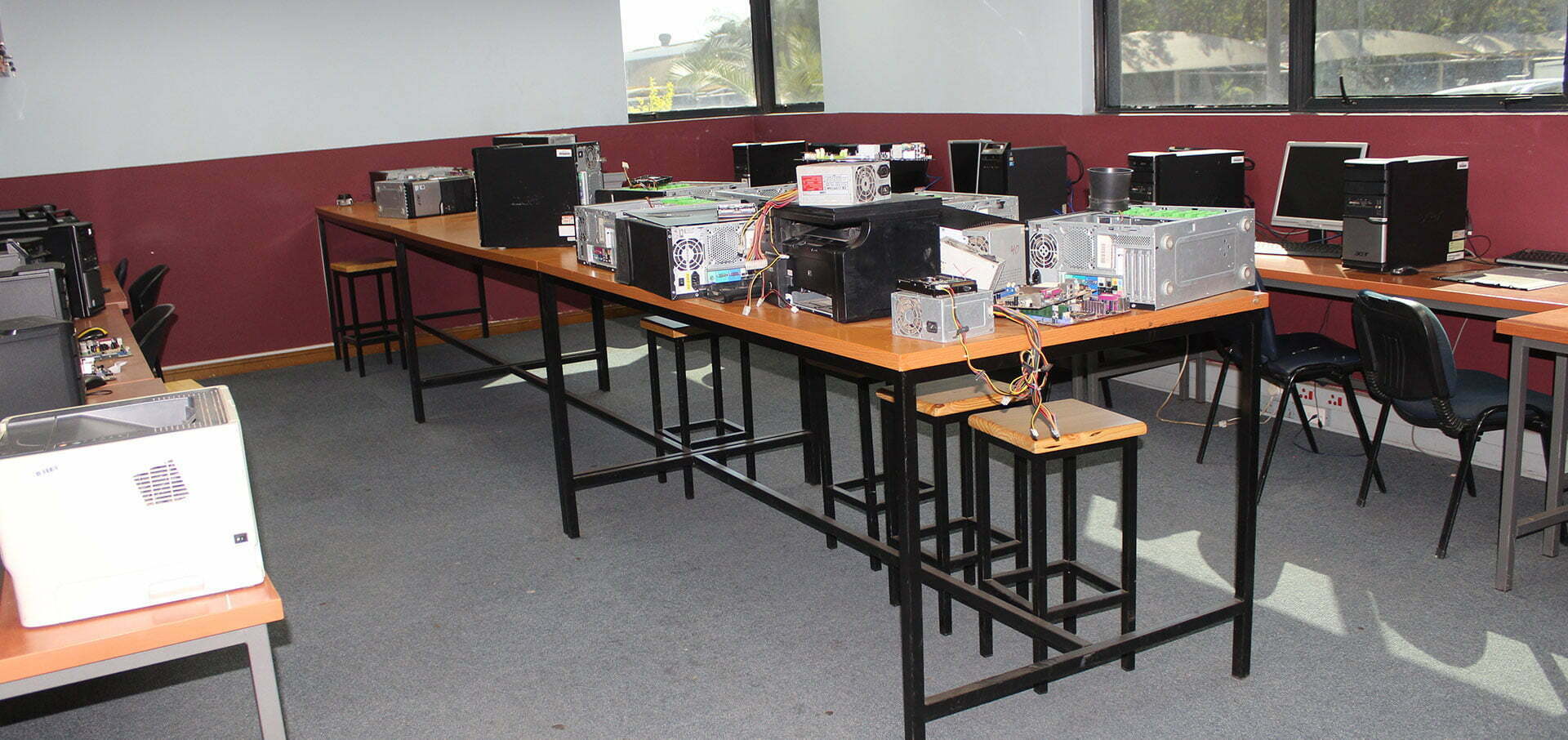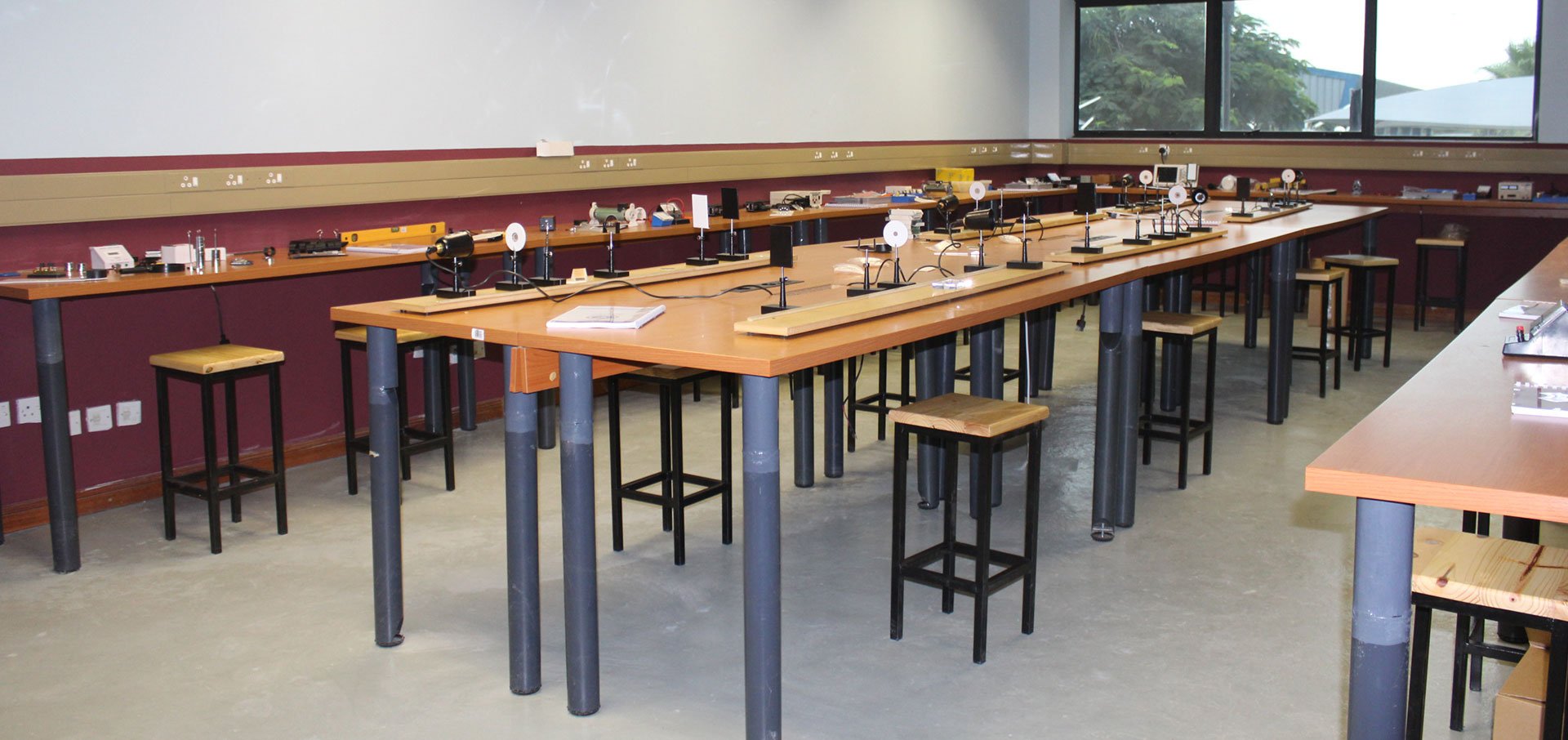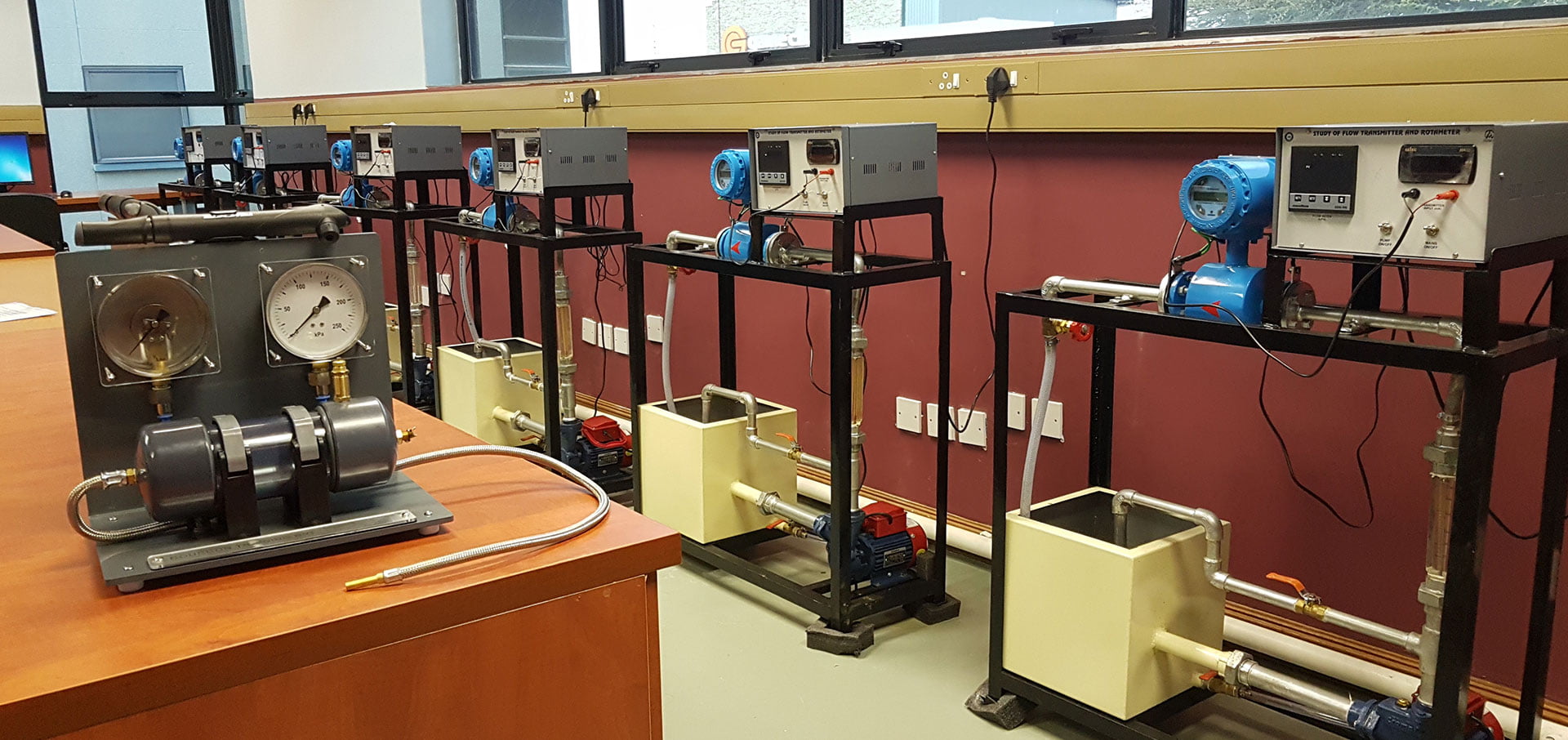This is a 4 years degree programme with 8 semesters and a total of 480 credits. Each semester consists of 60 credits to complete. 1 credit is equal to 10 hours of learning (guided, in-class and independent combined), therefore a 10-credit module requires on average 100 hours of learning from the student. The programme consists of common 1st year modules, core (required) and elective modules. Some modules may \ have pre-requisites (i.e. may require the student to pass another module or set of modules first). Some modules may be co-requisite (i.e. such modules are required to be taken together).
Admissions Criteria
- SGCSE/equivalent with minimum Credit (C) in 5 subjects including English and Mathematics.
- Applicants in possession of a Diploma or Higher Diploma in related field may be given exemptions based on the credit point equivalency.
Graduates of this programme can
- Address practical business problems
- Make key business decisions
- Influence business strategy
- Analyse business data
- Manage and organize product portfolio
- Appraise corporate projects
- Manage small business
- Plan and implement strategic plan
- Establish new ventures
- Research and development
Career Prospects
- Country Manager
- Operations Manager
- Branch Manager
- Branch Supervisor
- Business Lecturer
- Business Consultant
- Change Management Consultant
Skills Developed
- Understanding of facts and figures
- Computer skills
- Presentation skills
- Market intelligence
- Ability to deal with people
- Interest in starting and growing a business








